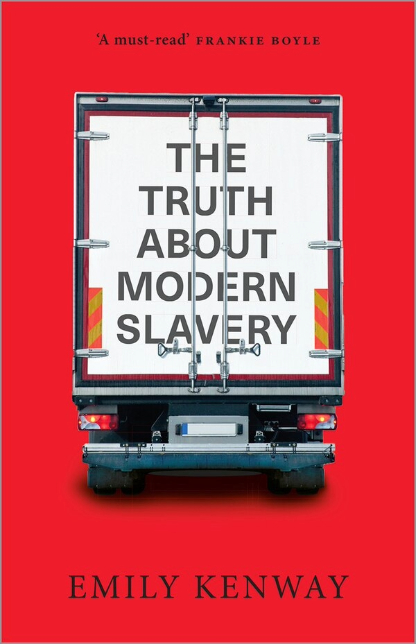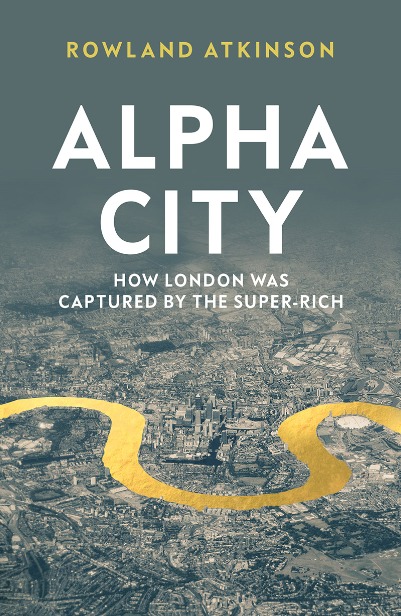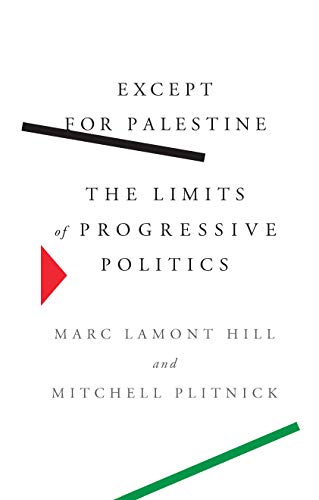The Weapon of Organization: Mario Tronti’s Political Revolution in Marxism, Mario Tronti (ed. trans. Andrew Anastasi), Common Notions, 2020, pp. 230, ISBN: 978-1-942173-22-9
Mario Tronti’s intellectual development began at the University of Rome at a time when workers’ movements and their two parties, the Communist Party of Italy (PCI) and the Italian Socialist Party (PSI), played a major role in Italy’s political landscape. PCI and PSI were the largest parties alongside the Christian Democrats and together worked to fashion the new constitution after the referendum in 1946, which ended the rule of the House of Savoy. The PCI and its leader Togliatti enjoyed overwhelming support among Italians and were expected to win the elections held on 18 April 1948, but for the US intervention. Fearing the extension of Soviet influence to Italy, the Truman administration worked with the Catholic Church to channel funds to Christian Democrats and right-wing militias. Anti-Communist propaganda campaigns abounded, and the US even made military plans for involvement if a civil war broke out. While both covert and overt US intervention in the elections of April 1948 led to the sidelining of the leftist parties, their influence increased with the rapid industrial development of the 1950s. Until 1964, Italy enjoyed 8% industrial growth rates per year. High growth rates in production and export undergirded the “economic miracle,” which mainly centred around the industrial triangle of Milan, Turin and Genoa and relied on large public and private companies employing many workers. Between 1953 and 1963, labour productivity outpaced wage increases, as well. The potential for labour organizing was strong, and workers’ Parties still enjoyed popular support.
It was in this tense atmosphere of suppressed labour potential that Tronti wrote, researched and acted. While still at university, he was introduced to Galvano Della Volpe and Lucio Colletti’s works on Marxism which placed greater emphasis on Marx than did the Communist Party of Italy (PCI) and its leader Palmiro Togliatti, with their focus on Gramsci. Together they sought to rid the PCI of its theoretical affinities to Gramscian idealism and influence the Party’s strategic development. At the same time, they wanted to free themselves from Marxist orthodoxy and launch new “workers’ inquiries.” These have a long tradition in Marxism and are essentially sociological analyses of the shop floor from the workers’ viewpoint. Raniero Panzieri of the PSI offered Tronti an opportunity to be a part of Quaderni Rossi (Red Notebooks), which sought to examine the development of Italian capitalism in factories, marking the beginning of Tronti’s theoretical engagements.
The work of Mario Tronti, one of the most influential of post-war Italian thinkers and radicals, only became available in English with Verso’s publication of the seminal anthology of his essays Workers and Capital in 2019. Despite this lack of formal codification, his thought significantly impacted activist circles and militants who worked in the tradition of Italian workerism, or operaismo. Some of Tronti’s earliest essays for Quaderni were later included in Workers and Capital, such as the seminal “Factory and Society” and “The Plan of Capital.”
Andrew Anastasi’s collection and translation of addresses, letters, theses, notes and essays by Tronti offers a great complement to the previously published work by Verso. In his anthology, Anastasi presents Tronti’s work from 1959 to 1967, which chronologically overlaps with most of the essays published in Workers and Capital, allowing the reader to fill the gaps and realize continuities between the two works. Each section includes a prefatory note by Anastasi, which historically situates and contextualizes the information presented in the translated work. Similarly, the anthology begins with a lengthy forward by Anastasi, which surveys Tronti’s thought and situates it within operaismo.
Tronti’s most significant contribution to Marxist thought has been his claim that workers’ struggles contribute to capitalist development. In his letter to Raniero Panzieri, he notes a “difficult marriage between capitalist development and working-class revolution.” According to Tronti, revolution is inherent in the development of capitalism as a whole and is not confined to periodic crises, marking it as a process rather than an event. As workers struggle against capitalism, capitalists devise ways to co-opt their struggle to serve their ends. This has been most evident in the defensive work of labour unions who agitate for better wages, against wage-cuts, but nonetheless remain confined to the framework of wage-slavery, ensuring the reproduction of capitalist exploitation. “Under these conditions, the signing of any contract is a working-class defeat.” Moreover, each successful labour struggle energizes capitalist development to introduce new mechanisms for creating larger relative surplus-value by way of introducing new machinery or devising new processes. As Tronti would note in “The Strategy of the Refusal,” capitalism “expresses its needs through the subjective demands of the workers.”
Tronti’s logic is flawless. He identifies the working class as such, a class whose identity is forced on its members by their relation to capital and by the processes of its development. They are agents of their own exploitation, but therein lies their power. The necessity for workers’ political organizing is evident in this. Stepping away from Quaderni Rossi, Tronti, with a group of others (among whom was Toni Negri), experimented with different forms of intervention, ranging from factory newspapers to leaflets. The idea was to “speak to the workers” and “establish a permanent dialogue” with them because otherwise, their work would represent “the chattering of disinterested intellectuals.” By addressing immediate concerns of particular struggles, Tronti hoped to generalize from the particular, thus creating connections between different struggles and workers involved in them. In doing so, practical work of organizing would be combined with theory. By politically reconstructing the working class, Tronti hoped to equip it to fight class-collaboration. In 1964, Tronti co-found Classe Operaia, which was to impact this proletarian political subjectivity and transform workers and the working class into revolutionary agents.
For Tronti, working-class action tends to lead to capitalist conjunctures or moments of politically interpreted economic crises. At these moments, the working class should choose to cease articulating capitalist objectives and adopt the strategy of refusal. Refusing to be co-opted into capitalist needs, the working class creates a whole new interpretation of the crisis as it articulates itself in direct opposition to capital. Its subjectivity subsumes capitalist class relations and blocks their further development. While the working-class acts strategically, the role of the Party is to take responsibility for the tactics. Workers, in other words, ought to act to destabilize capitalist relations and prevent their long-term consolidation by way of different political machinations like social-democracy. Tronti identified the PCI as a possible avenue for politically leading this agitation, thereby indicating his beliefs on the relationship between the masses and the Party. In his “It’s Not Time for Social Democracy,” he notes that by “keeping open this continual uncertainty about this possible general management of power,” the working class Party keeps the revolutionary process alive. The Party should “practice the discourse” and avoid theoretical posturing, for “there is no autonomous development of theoretical discoveries that is separate from their organizational practices.” Tronti maintained that often the Party and the workers busy themselves with two separate areas of struggle. While the workers, directly engaged in the class struggle, operate within the economic realm without politically articulating themselves, the Party “exhausts political potential” without reference to the class struggle. As Anastasi summarizes Tronti: “from the working class within and against capital to the Party within and against the state.”
By uniting theory and practice, Tronti asserted “opportunistic maximalism” as the ideology of the revolution. The working class and the Party would use strategy and tactics to act inside and against the process of capitalist development, out of which a new socialist experiment can be born. This focus on action is evident in the translated works of Tronti by Anastasi, which makes this anthology a valuable primer for activists and militants.




